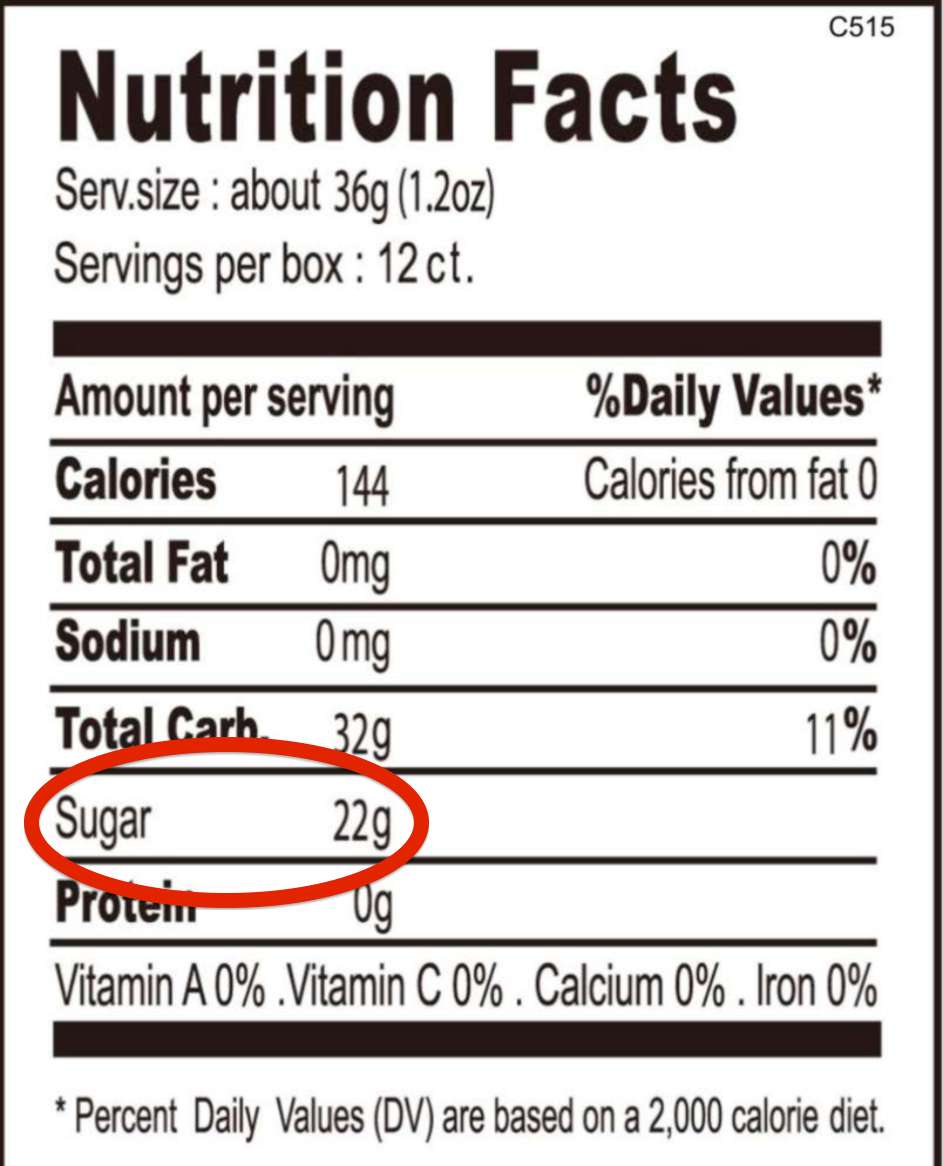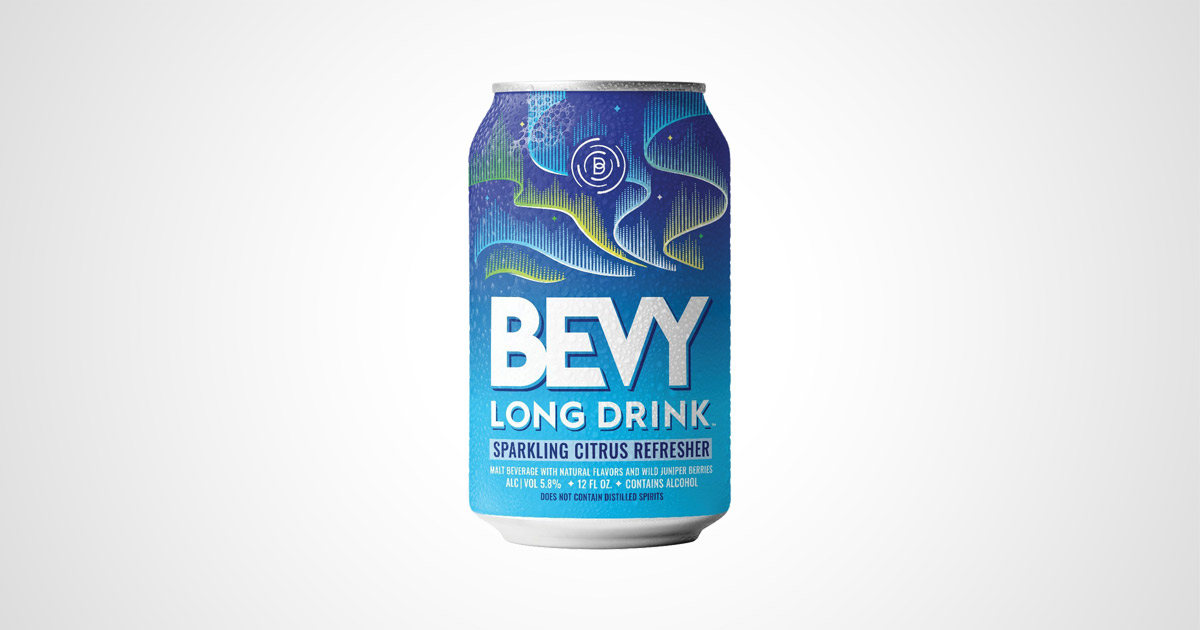

So, to sum up, Bevy long drinks are a low-calorie, low-sugar beverage that can provide hydration and a small amount of electrolytes. Keep in mind that alcohol can have an impact on your overall nutrition and health, and it is important to consume it in moderation. In terms of alcohol content, Bevy long drinks contain around 4% alcohol by volume, which is similar to a light beer. They also contain small amounts of electrolytes, such as sodium and potassium, which can help to replenish the body's fluids after exercise or during times of hot weather. In terms of nutrients, Bevy long drinks are a good source of hydration, as they are made up of mostly water. This makes Bevy long drinks a good choice for those looking to cut back on their sugar intake or watch their calorie intake. They are also low in sugar, with most flavors containing around 2-3 grams of sugar per can. Overall, Bevy long drinks are low in calories, with most flavors containing around 100 calories per can. Each flavor has its own unique nutritional profile, so it's important to check the label to get an accurate picture of the nutritional content of the specific Bevy long drink you're interested in.

They also potentially benefit human digestion when consumed.First, it's important to note that Bevy long drinks come in a variety of flavors, including lemon lime, raspberry, and mango, to name a few. These enzymes aid in breaking down the rice starches into sugars during fermentation. One of the less-known sake nutrition facts is the presence of Koji enzymes. Read also: 20 Facts About Chocolate Milk Sake’s Digestive Enzymes This compound may also contribute to a reduced risk of chronic diseases like heart disease and cancer.
Bevy long drink nutrition facts sugar free#
Sake is rich in antioxidants, specifically ferulic acid, which can help prevent cell damage caused by free radicals. These peptides function by inhibiting an enzyme responsible for blood vessel contraction, leading to improved circulation. Research indicates that sake contains peptides (small proteins) that can help lower blood pressure. These compounds are the building blocks of proteins, and sake contains several of them, including glutamic acid and arginine, which can contribute to overall health. One of the fascinating sake nutritional facts is its amino acid content. Research suggests that moderate sake consumption can help increase HDL (‘good’ cholesterol) levels and lower LDL (‘bad’ cholesterol) levels. Sake is free of cholesterol, making it a heart-friendly choice in comparison to other alcoholic drinks. This means it can be a lower-alcohol option for those looking to moderate their alcohol intake. Read also: 40 Surprising Skittles Facts That You Never Knew About Lower Alcohol ContentĬompared to hard liquors like vodka or whiskey, sake has a lower alcohol content, usually around 15-20%. The sugars naturally present in the rice are almost entirely converted into alcohol during the fermentation process.

Sake has a relatively low sugar content compared to other alcoholic beverages, making it a reasonable choice for those watching their sugar intake. Unlike many other alcoholic beverages, sake does not contain fat or protein – great news for those who wish to cut calories. A typical serving size of sake (approximately 44 milliliters) contains around 39 calories, with most of them coming from alcohol. Sake contains water, alcohol, and multiple nutrients.


 0 kommentar(er)
0 kommentar(er)
